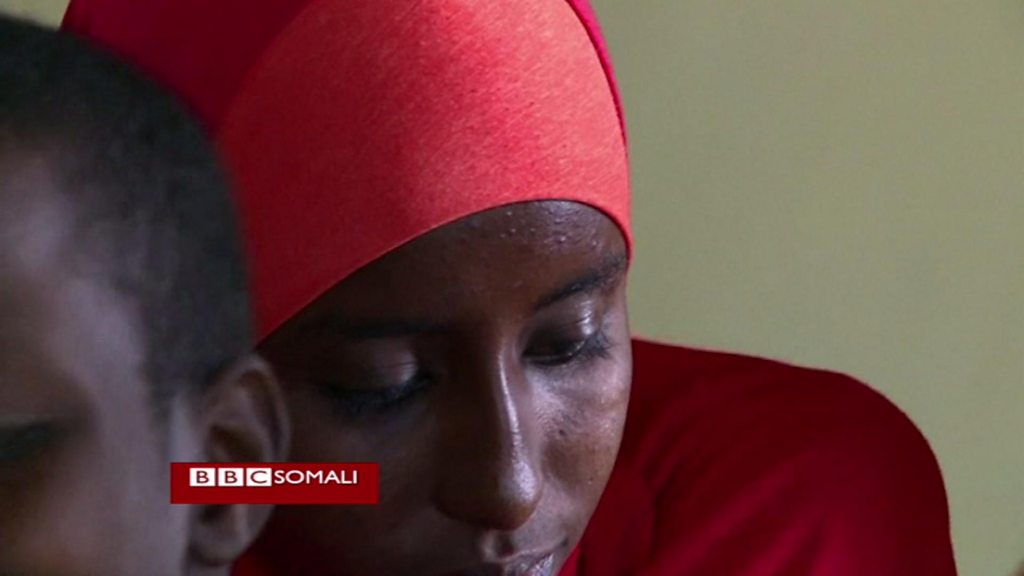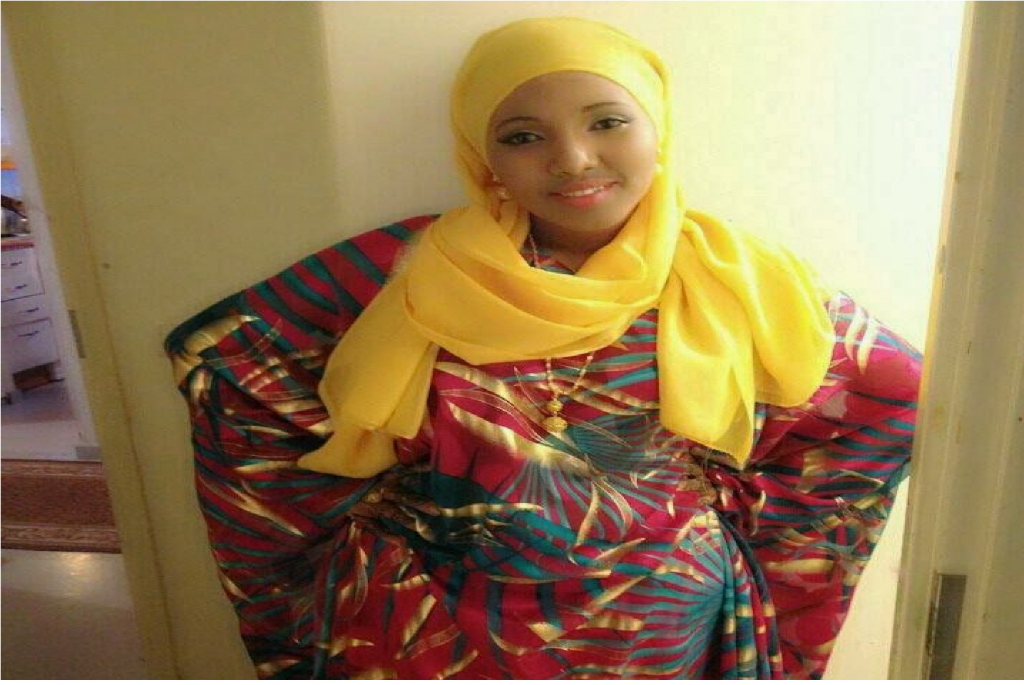In an era dominated by digital connectivity, does the quest for intimacy transcend geographical boundaries and cultural norms? The proliferation of online platforms dedicated to specific cultural expressions of sexuality highlights a complex interplay between globalization, identity, and desire.
The emergence of online communities centered around "wasmo somali" reflects a fascinating, albeit controversial, phenomenon in the digital age. The term itself, deeply rooted in Somali culture and language, signifies a specific form of intimate interaction. The existence and growth of these online spacesoften hosted on platforms like Telegram and TikTokraise important questions about cultural identity, the globalization of desire, and the ethical implications of online content sharing. These platforms, frequently boasting substantial memberships (one example cites 35.6k members), serve as digital meeting points for individuals interested in Somali-specific expressions of intimacy. The content shared within these communities ranges from textual discussions and shared media to, at times, explicit material. The use of hashtags like #wasmo_wali_ah and #siigo further categorizes and amplifies the reach of this content within the broader online landscape.
| Category | Information |
|---|---|
| Topic | Somali "Wasmo" Online Communities |
| Definition of "Wasmo" | A Somali term referring to intimate interactions. |
| Platforms | Primarily Telegram and TikTok. |
| Membership Size | Examples include groups with 35.6k members. |
| Content Types | Text, media, and sometimes explicit material related to Somali intimacy. |
| Related Terms | "Niiko" (Somali dance), explicit hashtags. |
| Moderation | Often limited, leading to ethical concerns. |
| Cultural Context | Deeply embedded in Somali cultural norms and language. |
| Ethical Considerations | Concerns about consent, privacy, and cultural sensitivity. |
The accessibility of these platforms through apps like Telegram allows for relatively easy access, often promoted with phrases like, "If you have Telegram, you can view and join somali wasmo channel right away." This ease of access, however, also raises concerns about content moderation, consent, and the potential for exploitation. The presence of administrators (e.g., "@walaalkah 0686434065") suggests a degree of oversight, but the effectiveness of such moderation is often questionable, particularly given the volume of content and the potential for anonymity. Furthermore, the globalization of these communities means that individuals from diverse backgrounds may be exposed to content that may not align with their own cultural or ethical values.
The use of Somali language within these online spaces is significant. Phrases like "Wasmo live ah wasmo waali ah wasmo somali mcn new 2022 gabdhaha ugu qooqan tiktok gabdhaha ugu naasah mcn niiko cusub niiko kala kacsan" illustrate the cultural specificity of the content. These phrases, often used as search terms and hashtags, cater to a particular audience and reinforce a sense of shared identity. However, this linguistic isolation can also create echo chambers, where problematic or harmful content can circulate without external critique. The translation provided ("\u062c\u0646\u0633) waa iskutega labka iyo dhediga noolaha si ay u tafiirmaan isla markaana u raaxeystaan" translated as "sex is the union of male and female creatures in order to reproduce and enjoy") highlights the fundamental aspect of these discussions while simultaneously underscoring the cultural lens through which it is viewed.
The reference to TikTok further complicates the picture. TikTok, with its global reach and emphasis on short-form video content, provides a platform for the dissemination of "wasmo somali" related content to a much wider audience. The phrase "Was mo somali | watch the latest videos about #wasmosomali on tiktok" illustrates this phenomenon. While TikTok's community guidelines prohibit explicit content, the platform's sheer volume of uploads makes comprehensive moderation challenging. As a result, content that pushes the boundaries of acceptability, or even violates the guidelines, can often slip through the cracks, reaching a potentially vulnerable audience.
The mention of specific search terms like "wasmo hodan cabdiraxmaan," "wasmo dumarka uurka leh," and "wasmo 2021 somali niiko" reveals the diverse range of interests within these communities. These terms suggest a focus on specific individuals, scenarios, and trends within the broader context of Somali intimacy. However, they also raise ethical concerns about privacy, consent, and the potential objectification of individuals. The inclusion of terms like "niiko" (a traditional Somali dance) further highlights the complex interplay between cultural expression and online content sharing.
The statement "We would like to show you a description here but the site wont allow us" is telling. It suggests that even platforms themselves recognize the potentially problematic nature of the content being shared. This self-censorship, however, is often insufficient to address the underlying ethical concerns. The date stamp "This page was last edited on 7 march 2024, at 20:16" provides a snapshot in time, but the online landscape is constantly evolving, meaning that the content and discussions within these communities are subject to continuous change.
The existence of these online communities dedicated to "wasmo somali" presents a complex and multifaceted issue. While they may provide a space for individuals to explore and express their cultural identity and sexuality, they also raise significant ethical concerns about consent, privacy, and the potential for exploitation. The globalization of desire, facilitated by platforms like Telegram and TikTok, requires careful consideration of cultural sensitivity and responsible online content sharing. Further research and discussion are needed to fully understand the implications of these online spaces and to develop strategies for promoting ethical and responsible online behavior.


